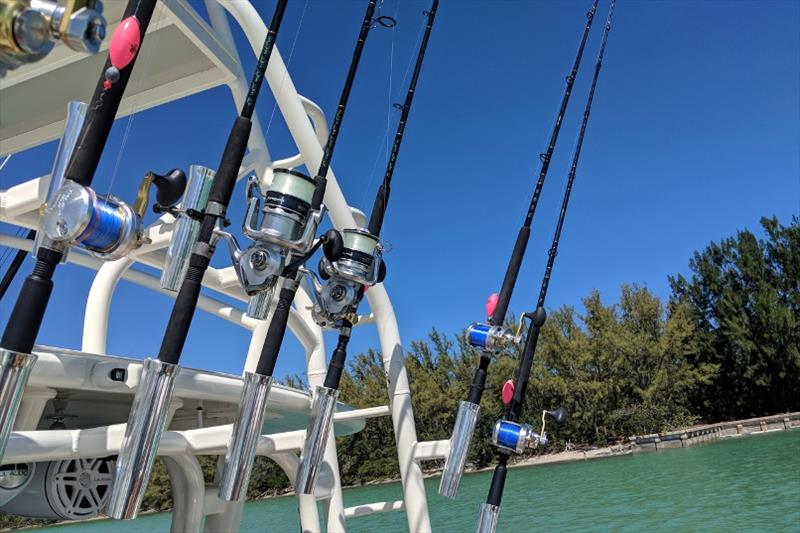
2018 Saltwater Recreational Fisheries Summit
by NOAA Fisheries 10 Aug 2018 15:36 UTC

Saltwater Recreational Fisheries Summit © NOAA Fisheries
In March, NOAA Fisheries and the Atlantic States Marine Fisheries Commission co-hosted the 2018 National Saltwater Recreational Fisheries Summit in Arlington, Virginia.
The recreational fishing community came together with the Regional Fishery Management Councils, the Interstate Marine Fisheries Commissions, and other stakeholders with the overarching goal of improving opportunity and stability in recreational fisheries.
Guided by a steering committee of recreational fisheries community leaders, NOAA Fisheries, the Atlantic States Commission, and summit facilitator Meridian Institute ensured the agenda was designed around four topics of high interest to the community:
- Innovative Management Alternatives and Approaches
- Socioeconomics in Recreational Fisheries Management
- Angler Engagement in Data Collection and Reporting
- Expanding Recreational Fishing Opportunity through Conservation
Discussion highlights
Building trust: Participants expressed that a key element for increasing trust is more communication and transparency among anglers, managers, and scientists. In his remarks, NOAA Assistant Administrator Chris Oliver commented that increasing trust throughout the nation would be a priority for the agency going forward.
Data improvements are essential: Participants continually referenced the importance of accurate, timely, and useful data collection, reporting, analysis, and application in decision making. They expressed optimism that electronic reporting and other kinds of collaborative data collection would provide more timely and accurate data and would ultimately lead to enhanced fishing opportunity and stability.
Collaboration is key: Participants emphasized that many of the next steps that anglers, managers, and scientists envision depend on increased collaboration. Notably, participants articulated that it was not only important to increase collaboration across sectors, but also across regions so that regions might learn from one another's successes and missteps. Whether it's improving data collection or enhancing conservation, effective collaboration is critical going forward.
Pilots for innovative management approaches: There was enthusiasm for testing new ideas through pilot programs. In particular, it was suggested that Councils test alternative management measures on a limited basis, first. Participants also identified electronic reporting as an ideal project for a phased-testing approach.
Discard mortality: Participants called for collaboration and improved understanding of the causes and impacts of discard mortality to integrate more accurate estimates into fisheries management.
Read the full report at 2018 National Saltwater Recreational Fisheries Summit (PDF, 75 pages)